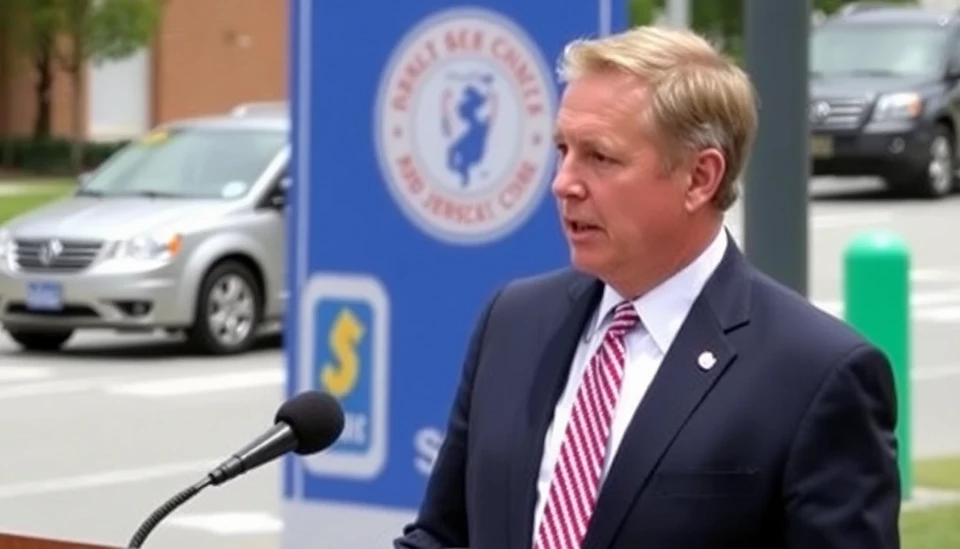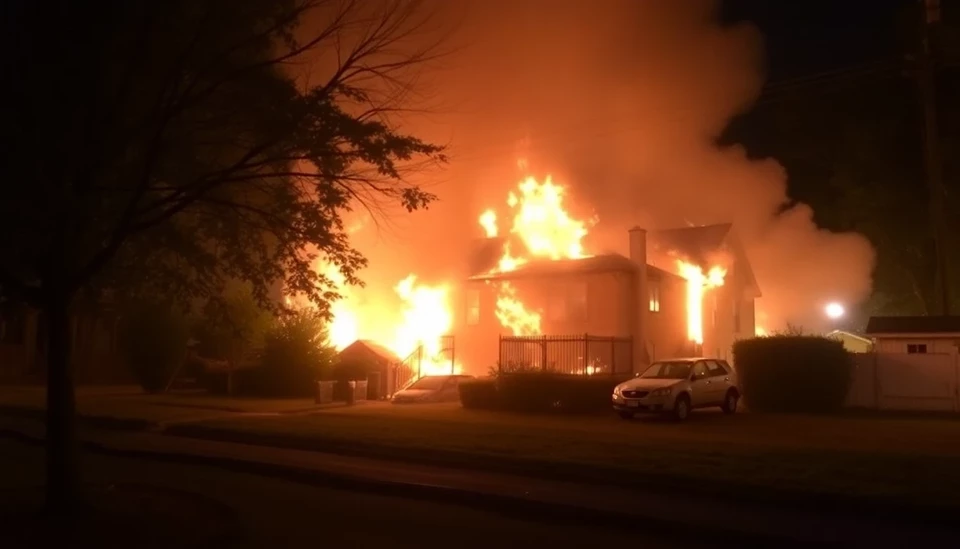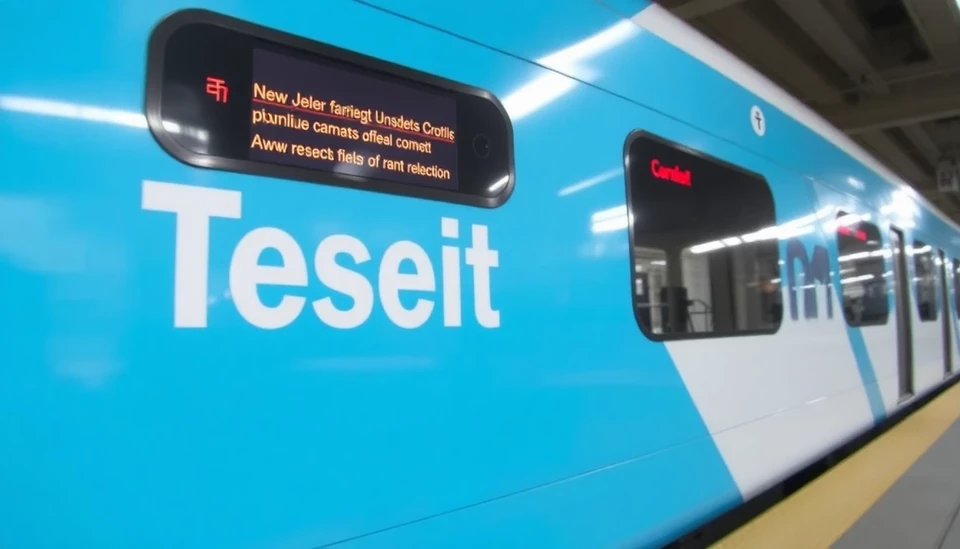
In a determined response to a controversial congestion pricing proposal impacting New Jersey commuters, Governor Phil Murphy stated he will "try like heck" to halt the initiative designed to reduce traffic in New York City. As the state grapples with the implications of this pricing model, which aims to charge motorists for entering Manhattan's busiest areas, Murphy has raised significant concerns about its potential impact on New Jersey residents.
The congestion pricing plan, expected to go into effect in 2024, targets drivers entering Manhattan’s central business district, with fees projected to range from $9 to $23 depending on the time of day. The financial strain this may impose could affect thousands of New Jerseyans who rely on vehicles for their daily commute into New York City, creating an additional burden in an already challenging economic climate.
Governor Murphy's administration has been vocal in presenting the state's objections to this initiative, indicating that a large portion of New Jersey’s population depends on transportation to access jobs and services in New York City. This pricing could inadvertently push commuters to seek alternative routes or means of transport, creating unintended traffic congestion and extending commute times throughout the region.
Underscoring the urgency of the matter, Murphy pointed out the precarious nature of New Jersey's transportation infrastructure, which does not accommodate the sudden shifts in demand that this pricing plan could create. The governor emphasized that he is prepared to lobby decisively with the New York leadership and other stakeholders to elaborate on New Jersey’s perspective and advocate for a fairer approach to traffic congestion management.
The congestion pricing debate has illuminated broader issues surrounding transportation, economic equity, and environmental sustainability. Advocates for the plan argue it is a necessary step to alleviate chronic traffic issues and reduce emissions in the densely populated city. In contrast, opponents, including various stakeholders from New Jersey, are concerned about the economic implications and potential inequities this approach may exacerbate.
As discussions continue, Murphy's commitment reflects a growing pushback from neighboring states on policies they believe could negatively impact their constituents. While the plan aims to support public transit funding and environmentally sound practices, the balance between operational efficiency and commuter welfare remains delicate.
As the governor gears up for what promises to be a heated battle over this initiative, New Jerseyans and state officials alike will be watching closely to see how these negotiations unfold and whether a compromise can be reached that satisfies both New Jersey's needs and New York’s congestion challenges.
As of now, the pressing question remains: can Murphy halt the tide of congestion pricing before it takes effect, or will New Jersey commuters face a new expense in their daily transit to the bustling heart of Manhattan?
#NewJersey #CongestionPricing #PhilMurphy #Transportation #NYC #CommuteChallenges
Author: Samuel Brooks




